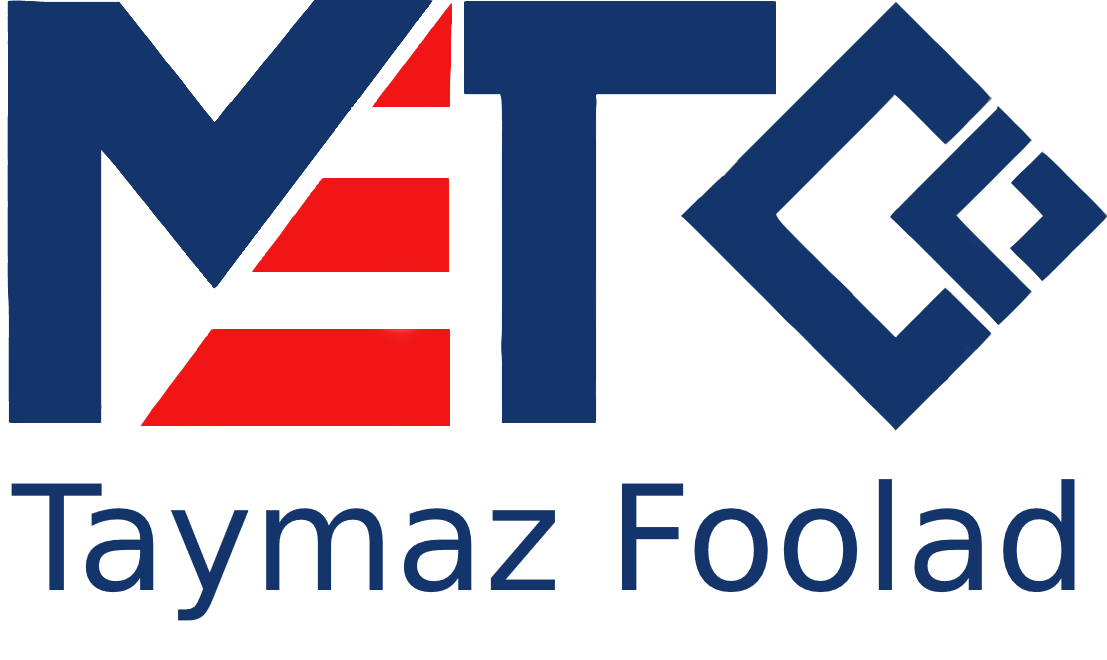Operation of 80 “Iranian-made quantum meters” in factories
Thanks to a knowledge-based company, the metal elemental analysis device (quantum meter), which has different applications in selecting the type and quality of industrial metallurgy parts, has been mass-produced in the country. According to Mehr News Agency, the Vice-Presidency for Science and Technology and the Economy of Knowledge announced that Ara Kavosh Pajouh, a knowledge-based company, relying on domestic technical expertise in photonics, electronics, plasma, analytical chemistry, physics, and metallurgy, succeeded in making the first metal elemental analysis device (quantum meter) capable of being presented to the Iranian industry in 2017.
This device works based on Spark OES technology, creates a plasma environment in the presence of argon gas, and detects stimulated element spectra, which has the capability of analyzing various elements in steel, aluminum, copper, zinc, and magnesium bases.
One of the most important advantages of the quantum meter device is its customization and flexibility to analyze various non-standard metallic alloys based on customer requirements. For example, one of the most significant advantages of quantum meter devices made by the company is increasing the element’s measurement range in a particular sample, increasing the detection of an unusual element in the working range of a specific base or group of base alloys.
Mohammad Bayati, CEO of Ara Kavosh Pajouh Company, emphasized that determining the amount of constituent elements of a metal piece is one of the essential factors in selecting the type and quality of a part for different applications in the metallurgical industry and said: Our collection has sold over 80 quantum meter devices to reputable factories and metallurgical-related centers inside the country.
He continued: Quantum meter products are generally divided into two models, including colored metal bases (including copper, aluminum, zinc, zamak, and magnesium bases) and iron metal bases (including steel, iron, and alloy). Also, the possibility of producing a quantum meter device with the ability to analyze elements in several different bases, as well as the possibility of customizing the purchase (such as increasing the measurement range of elements or increasing the element’s detection) and analyzing samples in the desired range in different bases of colored and iron metals, exists.
Bayati said that this device was first built by the Ara Kavosh Pajouh Company in the country and was introduced to the market. He added that, according to the needs of different industries for using a portable quantum meter device on workshop and industrial sites to quickly control input, output, and product analysis without the need for destruction or sampling, the Scan Port-Ara portable quantum meter device was produced.
He listed the separation of different bases from each other as one of the quantum meter device’s advantages and usefulness for various applications in different metals. Precise analysis and determination of the elemental weight concentration in different iron and non-iron samples, quick identification and separation of samples without the need for sample preparation or cutting the piece, simultaneous measurement ability of UV elements such as carbon, sulfur, phosphorus in optical, ability to define a particular sample for quick analysis comparison, equipped cable for ease of transportation and probe control, and the ability to customize analysis programs are the unique features of this device.
Bayati highlighted some of the quantum meter devices’ properties and applications in various metals, saying that some quantum meter devices have only the ability to analyze samples of one base. In the quantum meters made by the Ara Kavosh Pajouh Company, at the customer’s request, the ability to place multiple colored metal bases simultaneously and analyze various non-standard metallic alloys based on customer workpiece grades is available. For example, one of the most significant advantages of Iranian-made quantum meter devices is the ability to increase the element’s measurement range in a particular sample or increase the detection of an unusual element in a specific base’s working range or group of base alloys.

